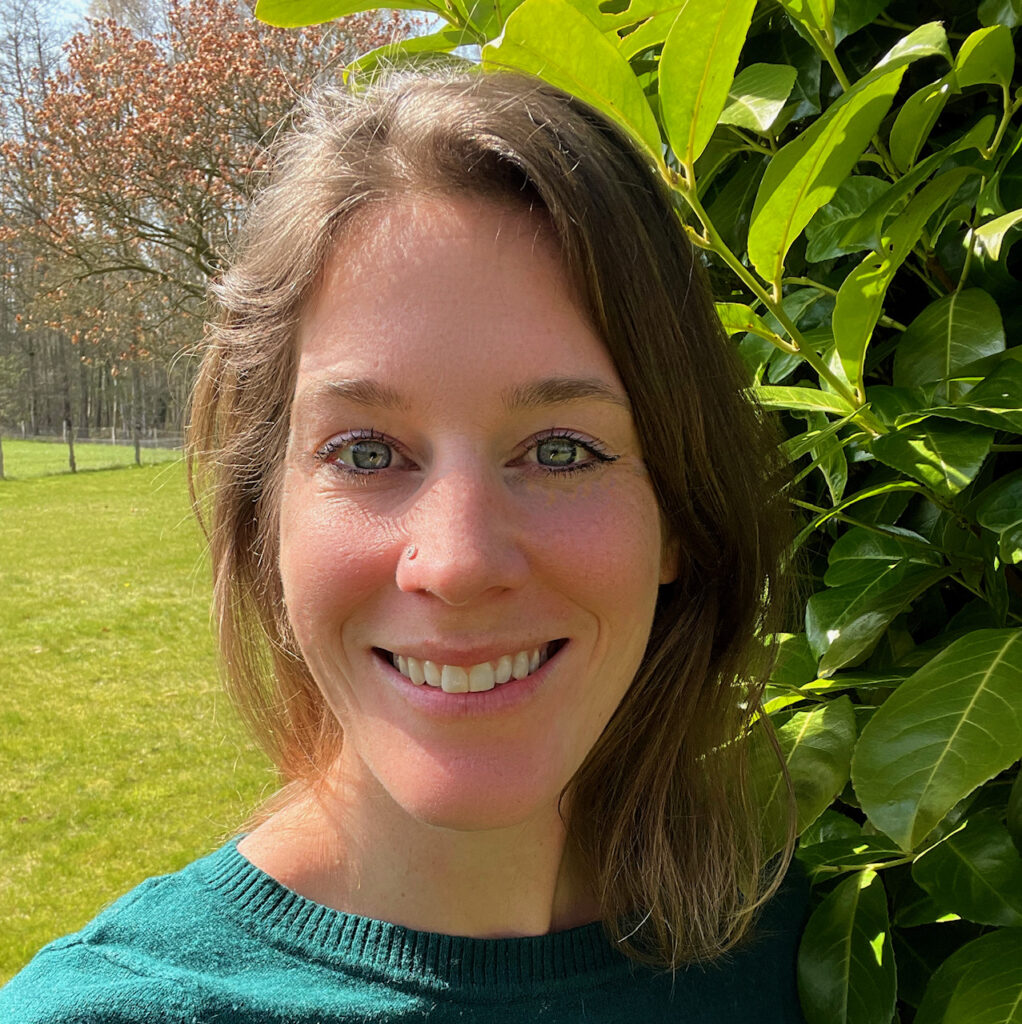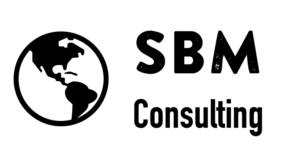Your cart is currently empty!
Information Workshops
Workshop 1: Generation Z Preferences: Consumerism vs. Reducing and Reusing
Dalia Karlaitė (Lithuania)
Dalia Karlaitė lectures Business Ethics and Corporate Social Responsibility (CSR) in module Sustainable Development for more than 10 years and also is the coordinator of the activities in sustainability and social responsibility at Vilniaus kolegija / Higher Education Institution (VIKO), Lithuania. Her research interests include a wide range of sustainable development issues and, more specifically, research on the impact of corporate social responsibility (CSR) on societal well-being and environmental impact. Currently D. Karlaitė works as a researcher at the international project “Universities for Sustainable Development”. As a professional in sustainability D. Karlaitė is a member of the council of experts at Lithuanian Responsible Business Association (LAVA), which is working on the UN SDGs for 2030, and Ambassador of the European Climate Pact for 2024.
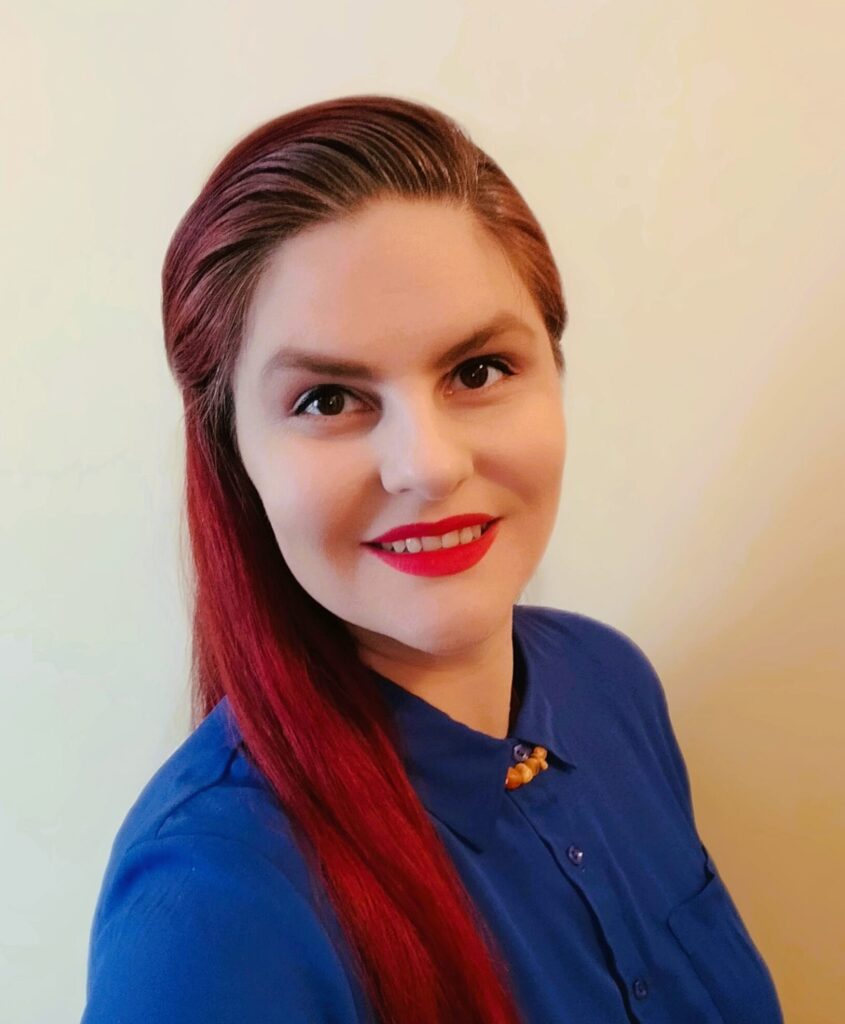
The workshop will explore the contrasting attitudes of Generation Z towards the concepts of “Consumerism” and “Reduce and Reuse” in the context of contemporary society. Generation Z, born between the mid-1990s and early 2010s, has emerged as a demographic cohort characterized by unique perspectives on environmental sustainability and consumer behaviour.
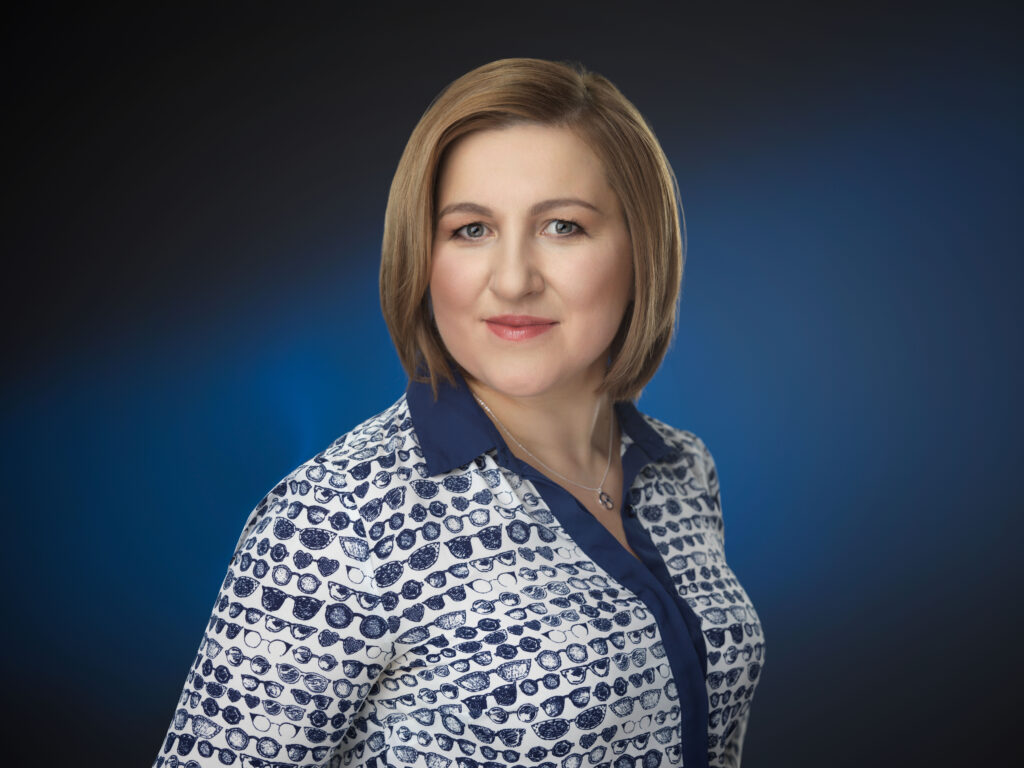
Workshop 2: Responsible consumption for a healthier planet and wallet – how changing consumption patterns can improve personal financial wellbeing and secure natural resources.
Katarzyna Jaszczukme (Poland)
Katarzyna Jaszczuk is Vice President of the Innovation and Knowledge Foundation and Director of the Financial Education Programme, based in Warsaw, Poland. Katarzyna Jaszczuk is a dedicated and passionate professional with 15 years +
of experiences of working in the field of financial education and adult learning. Her commitment to promoting financial and consumer literacy and personal finance education is commendable. With her extensive experience in delivering training and developing educational materials, Katarzyna is making a significant contribution to improving people’s lives by helping them improve their financial literacy and employability. Her focus on social innovation, online courses, educational games and training programmes demonstrates her proactive approach to finding new and effective ways to educate and empower others. Katarzyna’s work not only directly benefits individuals through knowledge and skills development, but also has a wider positive impact on society by improving the overall quality of life for many.
Responsible consumption, as advocated by the United Nations Sustainable Development Goal 12, means making conscious choices that prioritise sustainability and resource efficiency. The link between responsible consumption and the dual benefits of promoting environmental health and personal financial well-being is becoming increasingly clear. By rethinking their consumption habits, individuals can contribute to a healthier planet while improving their own financial health. As more consumers adopt responsible consumption patterns, the collective impact on both environmental conservation and economic resilience can be significant.
Workshop 3: Emerging Leadership can help us understand how can we work towards leading from an Emerging future.
Aditi Gupta (The Netherlands)
Aditi is an educationist, an entrepreneur, and a Diversity, Inclusion and Equity consultant. She believes that the future calls for a shift and a change in the mindset of each individual and leadership at an individual level to grow towards an inclusive sustainable future. The top management, every team, and the culture of the organization need to shift. She has developed strategic approaches, policies, and educational designs for this transition. Owing to a strong international career in diverse domains, she has worked with several organizations, international students, expats, immigrants, and refugees. She promotes the cause of the BIPOC community, gender equality, and the LGBTQ+ community actively by being part of several organizations. Her strength lies in combining business know-how, design approach, intercultural competence, sustainable development, and D& I strategies. She has recently finished her master’s certification program with Amsterdam University for Diversity and Inclusion and, the Emerging Leadership Program from MIT and is currently being trained in an Education for sustainable development at the University, of Peace Costa Rica (UNESCO program).

What is needed to move from current systems to future-based regenerative ecosystems? The workshop aims to help change makers learn the tools that will be needed to bring the transition forward. What does this mean? It means that leaders ( which is not necessarily a job title) need to cultivate an open mind, heart and will. Needs to cultivate skills, of curiosity, creativity, compassion and courage. These skills need to be used to build great relationships with nature, stakeholders’ self and the system. Which will help create a regenerative future. During this workshop, essential learnings of U theory ( Otto Scharmer, MIT) will be used to help people understand what it means to be a change agent and how to become a change agent who will create the shifts needed to transition towards the future.
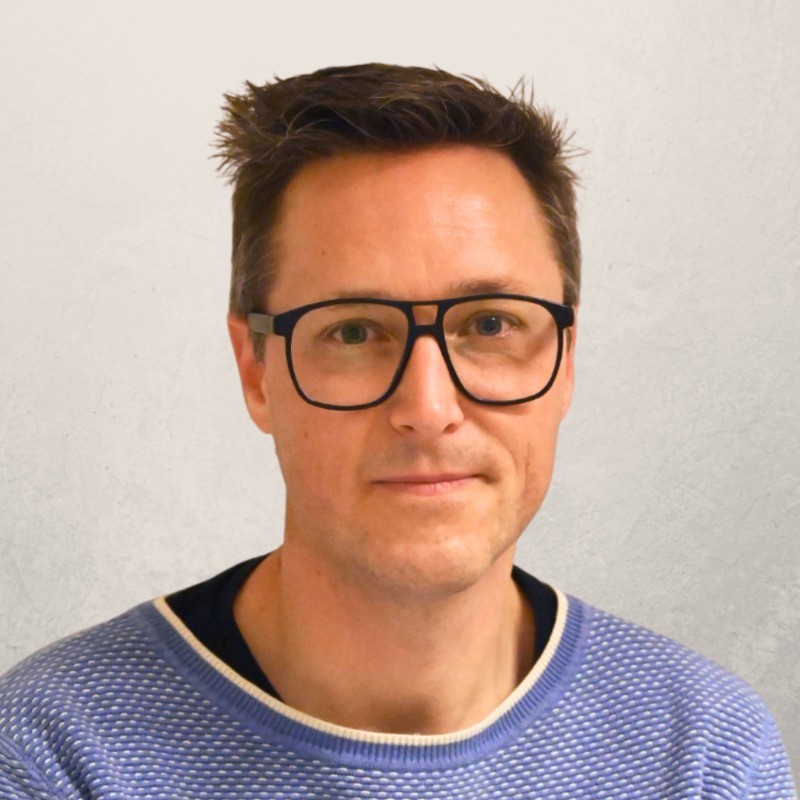
Workshop 4: Do tell: step by step towards a strong sustainability story
Frederik Picard (Belgium)
“A challenging marketing strategist.” That is how Frederik Picard is often described. Frederik combines theory with practice. He runs marketing and communication agency Reputations, specialized in brand reputation management for numerous national and international clients. On academic level, he publishes marketing books and is a part-time marketing lecturer and researcher at the University of Antwerp and AP University College Antwerp. His areas of expertise are market research, brand reputation management and sustainability marketing. Frederik always starts from a strong strategic framework: how can you build, promote, adjust or protect a brand in a sustainable way?
How do you communicate your sustainability efforts today and tomorrow? Do you do it loudly, quietly or not at all? Is staying under the radar a smart way to keep critical voices quiet? Or is talking a golden opportunity to get your brand story out? How to approach marketing and communication on sustainability is often still a big question mark among professionals. In this talk, Frederik Picard answers these questions. With his D-Spot model and roadmap, he puts you on the path to creating an authentic, credible and supported sustainability story and successfully communicating your sustainability efforts.
Workshop 5: How to shift consumer behaviour for international circular economy development.
Vera Wamsteeker (The Netherlands)
Brand Architect of AnGOAn. After more than twelve years of agency experience in marketing (big) brands, she followed her heart and, as an independent Brand Architect, builds brands and organisations that want to make the world a better place.
What are big trends in the circular economy? In this interactive workshop we will be diving deep into how customers form their (buying) decision online. How can we inspire a circular customer journey? What can policy makers do? And most importantly…what can you do?
